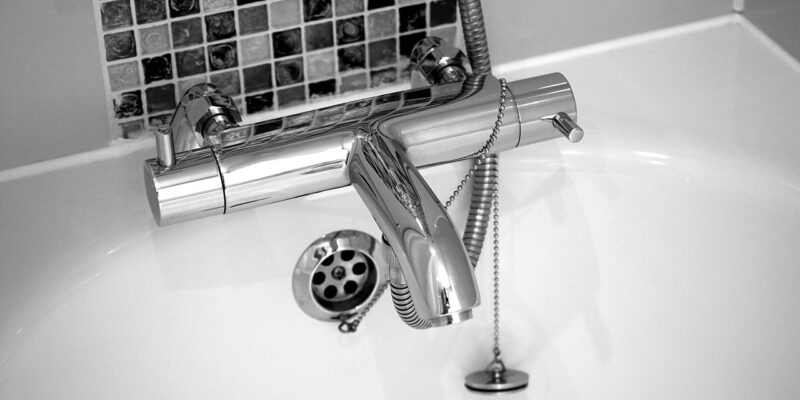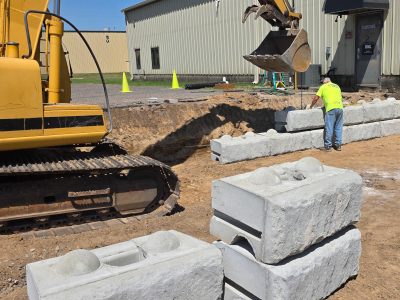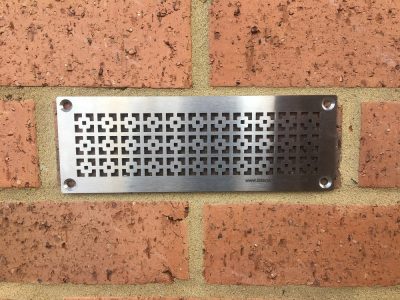Clean water is essential for a healthy home, but it is often taken for granted until issues arise. Common household challenges, such as plumbing blockages or impurities in drinking water, can directly affect the quality of water in your home. Tackling these challenges enhances water efficiency and supports your overall health and well-being. This article explores six specific aspects of maintaining and improving home water quality. By understanding the importance of these factors, you can take steps to assess and manage your water quality effectively.
Hard Water and Its Impact on Your Household
Hard water is a common concern for many households. Hard water contains high mineral content, primarily calcium and magnesium, which can affect both the functionality and longevity of appliances like washing machines and dishwashers. It often causes mineral buildup or scaling on plumbing fixtures, reducing water pressure over time. Additionally, hard water can make cleaning tasks more difficult, because soap doesn’t dissolve completely, leaving residues on clothes or dishes. Identifying signs of hard water and addressing them can improve water flow and prevent damage to appliances.
The Importance of Regular Plumbing Maintenance
Regularly inspecting and maintaining plumbing systems is vital for water quality. Damaged or outdated pipes can leach harmful substances, such as lead, into your household water. Leaks and corrosion in the plumbing system may also compromise water quality while increasing water bills. Even when no visible damage is evident, aging pipes can gradually affect the cleanliness of the water running through them. Professional evaluations can help you identify such hidden issues, keep water quality in your home high and protect your plumbing infrastructure.
Dealing With Toilet Blockages
Toilet blockages might seem like a standard plumbing issue, but they can negatively impact water quality if left unresolved. A clogged toilet can disrupt your entire plumbing system, leading to water contamination. Often caused by flushing improper items like wipes, cotton balls, or sanitary products, these blockages can also result in foul odors, signaling deeper water issues. Hiring a professional plumbing company like Duvall Plumbing Co – Tulsa is the best way to quickly and effectively address toilet clogs. Experts can restore functionality and prevent broader plumbing complications, ensuring your system stays safe and efficient.
Addressing Contaminants in Groundwater
Many homes rely on groundwater from private wells for their water supply, and contamination of this source is frequent. Common contaminants include pesticides, nitrates, and bacteria, which can infiltrate a well due to agricultural activity, septic system failures, or natural environmental factors. Regular water testing is essential to detect these issues, as contaminants are often undetectable by taste or sight. Failure to address groundwater contamination can potentially lead to health risks. Using appropriate treatment methods, such as UV purification or specialized filters, can greatly improve the water’s quality.
Benefits of Installing Water Filtration Systems
Adding a water filtration system to your home is a great way to improve your household’s water quality. These systems remove impurities like chlorine, sediment, bacteria, and heavy metals, ensuring cleaner, safer water for drinking and cooking. Options range from simple faucet attachments to whole-house systems that treat water throughout your home. They can also enhance the taste and smell of your water, while reducing exposure to potential contaminants. To ensure you choose the right system and have it installed correctly, consider working with a water treatment solutions provider, such as Florida Water Treatment, that can tailor the setup to your home’s specific needs and local water quality challenges.
Routine Maintenance for Water Heaters
Water heaters play a pivotal role in maintaining water quality, particularly for hot water usage. Over time, sediment and mineral deposits can build inside the water heating tank, reducing its efficiency and leading to discolored or off-smelling water. Regular flushing of the water heater tank helps prevent these issues and ensures that water heats efficiently and remains clean. Corrosion of the heater’s components can also introduce rust particles into hot water, potentially affecting health and plumbing fixtures. Inspecting and cleaning your water heater periodically supports both optimal water quality and extended equipment life.
Addressing water quality is about resolving immediate and creating a healthier living environment. Different factors, such as hard water, faulty plumbing, and contaminants in your supply, can all contribute to water degradation. Implementing solutions like filtration systems, regular system assessments, and responsible practices for waste disposal play key roles in improving household water quality. By understanding these aspects and taking appropriate measures, enhancing the purity, efficiency, and utility of water becomes a practical endeavor.










Comments